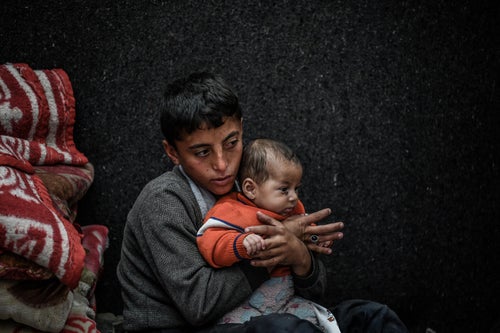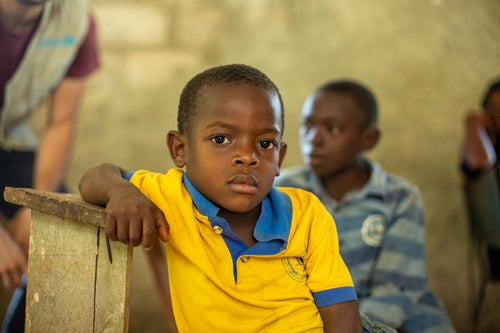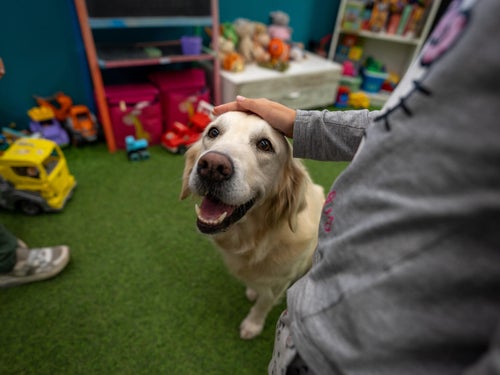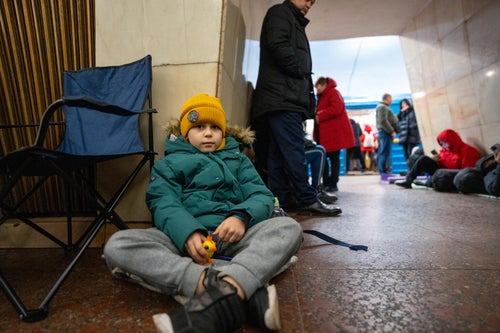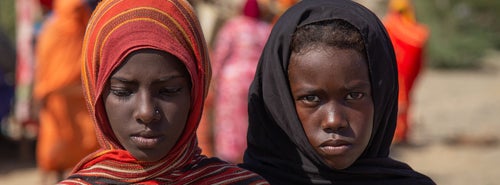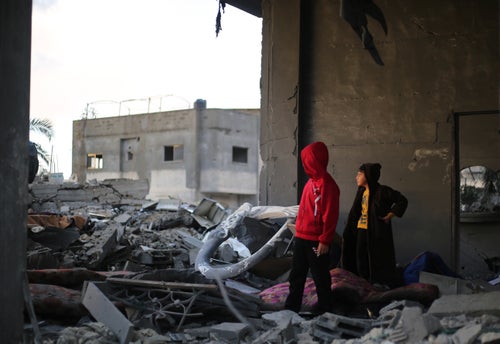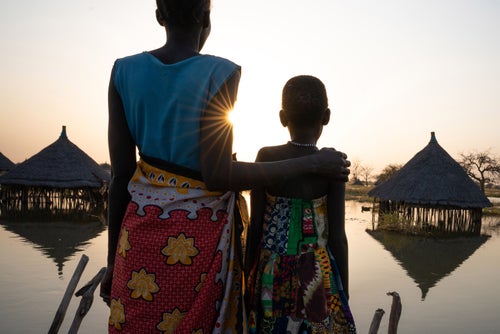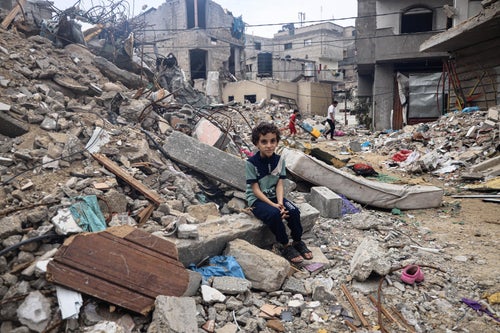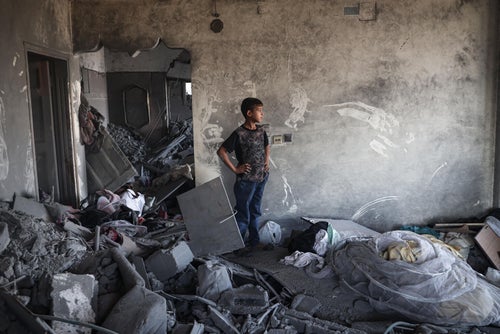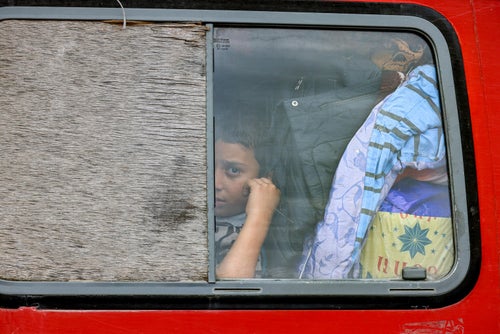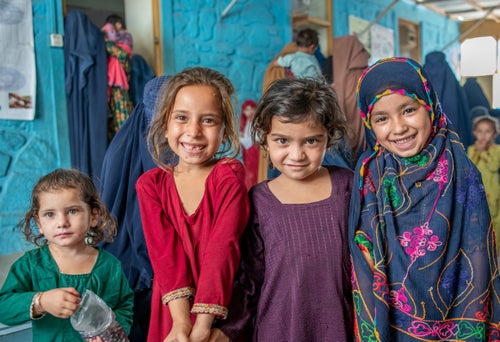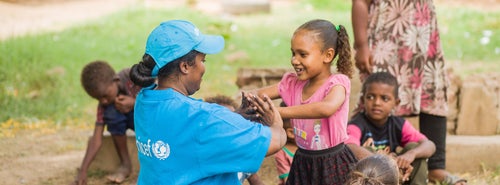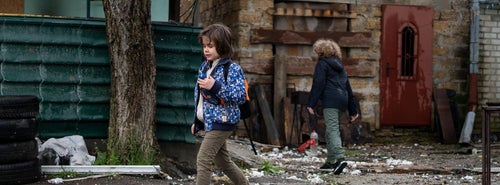We’re on the ground, working to reach children and their families with lifesaving support while helping communities recover.
When war breaks out and disaster strikes, the chaos and insecurity that follows leaves children and their families at high risk. They lose their home, school and often loved ones. Their access to food, water and health care is affected, and many children are left vulnerable to abuse and exploitation.
With the sheer scale of our infrastructure and long-term development work around the world, UNICEF can act quickly, delivering lifesaving help to children in as little as 48 hours. When food is scarce in Gaza, Sudan and across the Horn of Africa, we provide children with nutrition and health care. When schools are destroyed in Ukraine and Syria, we set up temporary learning spaces. In the Pacific, we deliver vaccines to stop preventable diseases that can thrive in the aftermath of disasters.
These are just some of the ways UNICEF responds to help children and families impacted by emergencies.
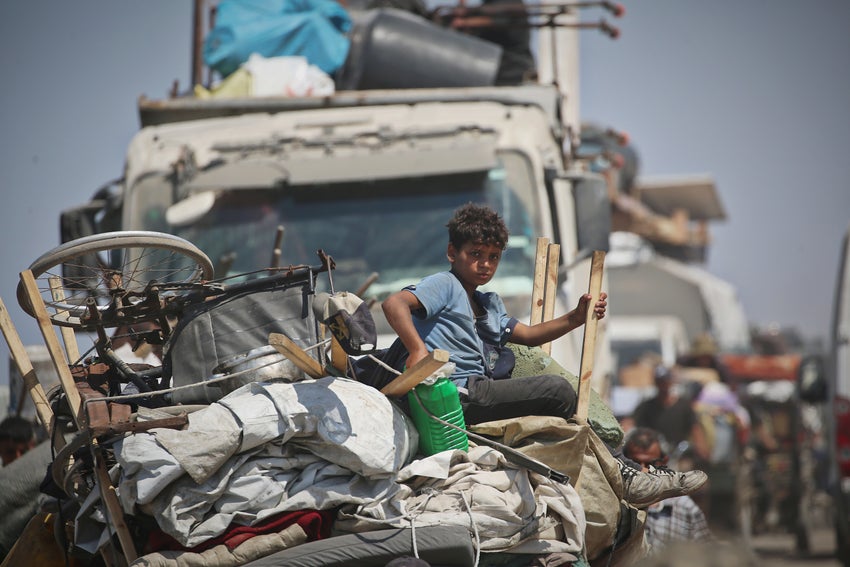
Gaza Crisis
After two years of relentless bombardment, deprivation, and unimaginable loss, the fragile ceasefire brings hope to families in Gaza, but many are returning to homes that lie in ruins and essential systems that have collapsed. Famine remains a deadly threat, with the entire population under five at risk of acute malnutrition. The road to recovery and rebuilding will be long and complex, and children have waited far too long – they need urgent help now.
UNICEF is scaling up its emergency response with more than 1,300 trucks positioned around the outside of Gaza, filled with lifesaving nutrition, medicine, clean water, warm clothing, and temporary shelter ready to enter.
This ceasefire must allow us to reach every child in Gaza – enabling a full-scale humanitarian response, unrestricted access, and the first meaningful steps toward lasting recovery and peace.
Learn more about some of the biggest global challenges
From global health crises to man-made disasters, our explainers help you to learn more about unfolding emergencies that are impacting already vulnerable communities.
How UNICEF responds to emergencies before, during and after they happen.
UNICEF responds to hundreds of emergencies every year, in our region and around the world. When disaster strikes, our teams act quickly to deliver clean, safe water and essential medical supplies to prevent malnutrition and illness. We help new mothers give birth safely, and we provide lifesaving vaccines to protect children from deadly disease outbreaks.
Helping communities recover also means creating safe spaces for children so that they can continue to learn and play, provide innovative tents for children and families to shelter in, and provide psychosocial support to help children process and cope with their changing world.
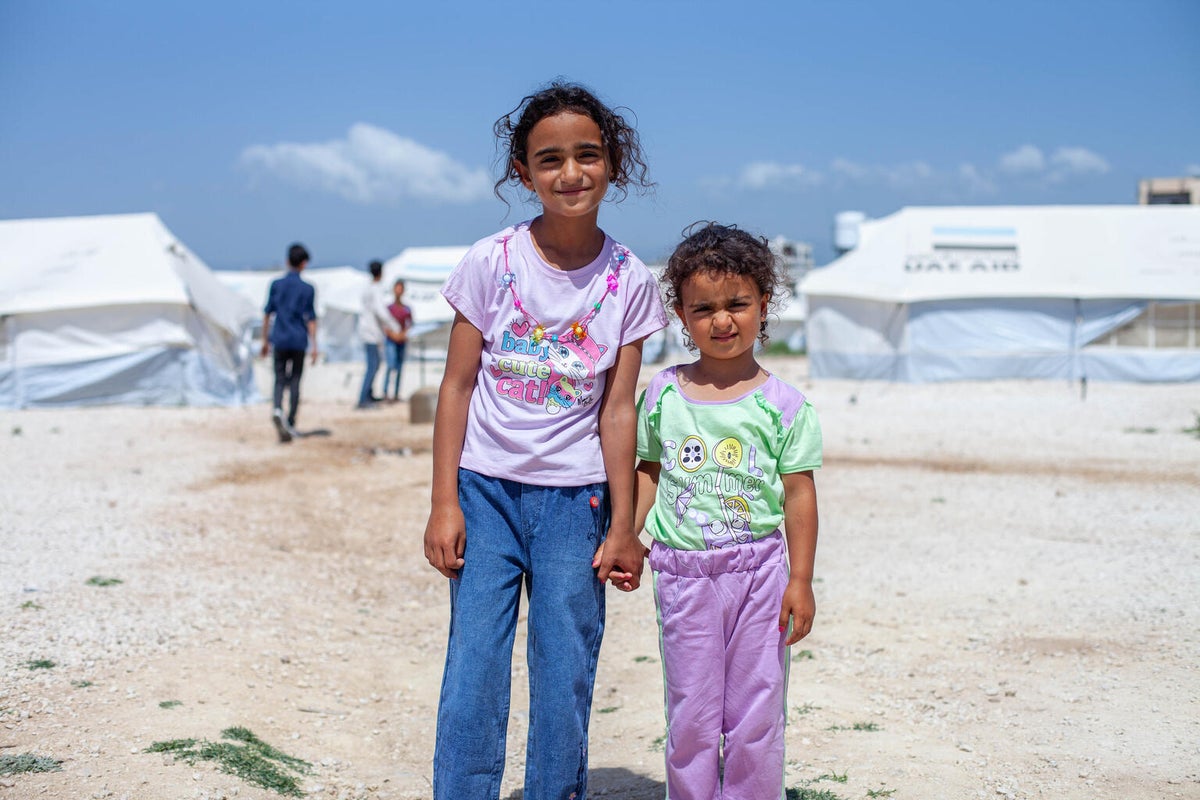
Always there in emergencies
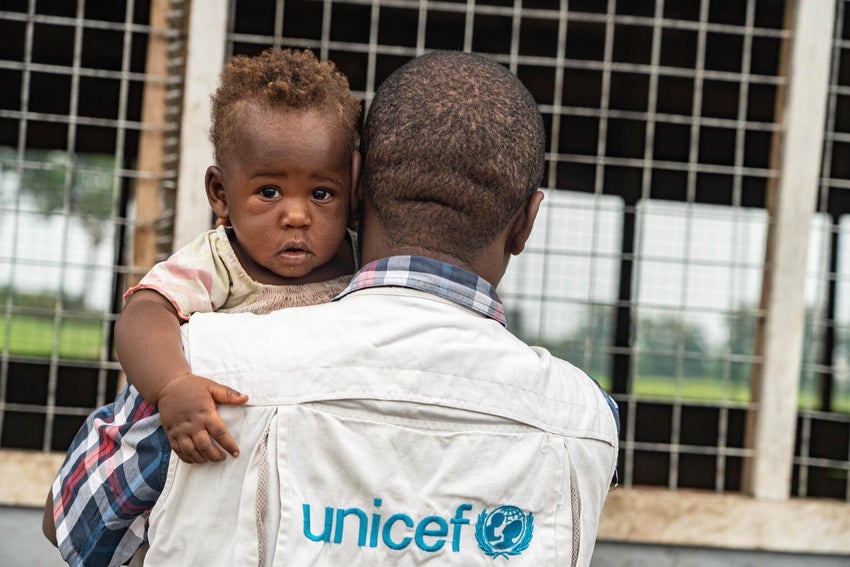
UNICEF’s humanitarian role during conflict
UNICEF is always there, working to uphold the rights of all children affected by conflict and humanitarian crises, no matter who they are, where they live or what they believe. We stay and deliver before, during and after an emergency.
As conflicts continue to unfold around the world, we answer some of the big questions about UNICEF’s humanitarian role during conflict and war and how we protect, advocate and deliver lifesaving support for children and families caught in these crises.
Help children in emergencies
Every second, we’re racing to reach children in emergencies with lifesaving care. We can only be there with your help.
Our recent work in emergencies around the world.
We are always there for children before, during and after an emergency.



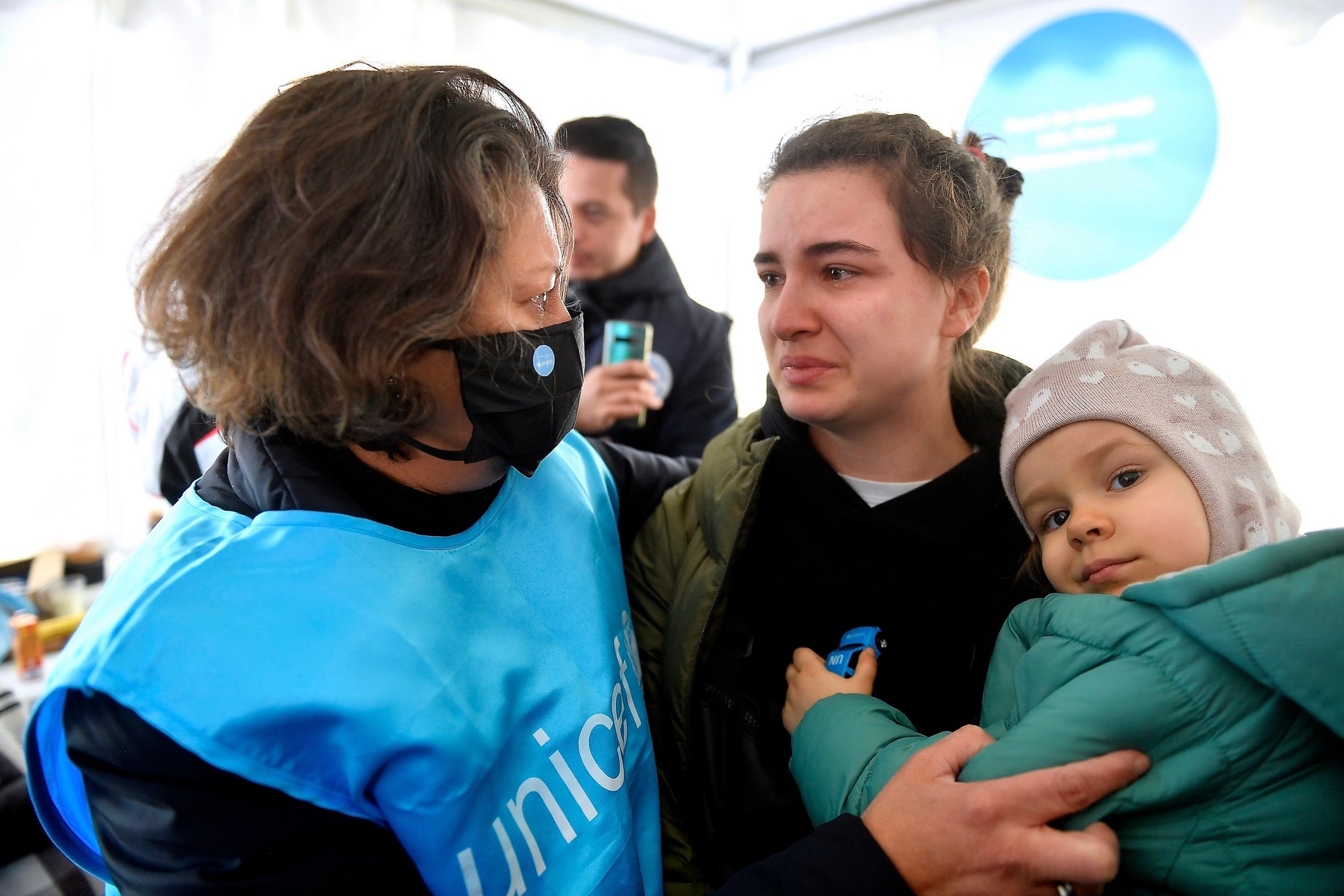
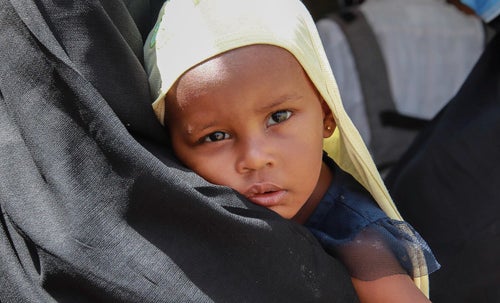





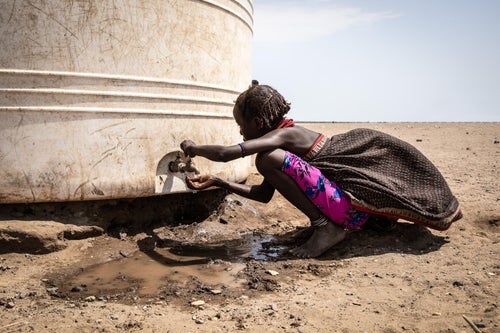



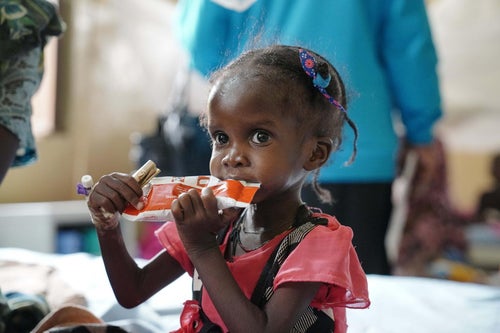



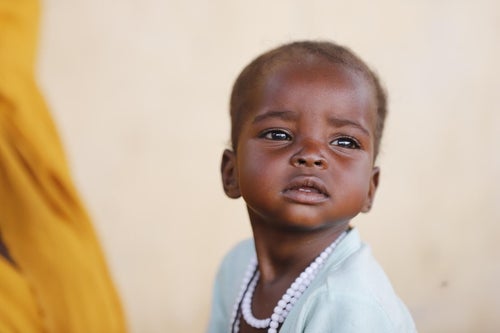

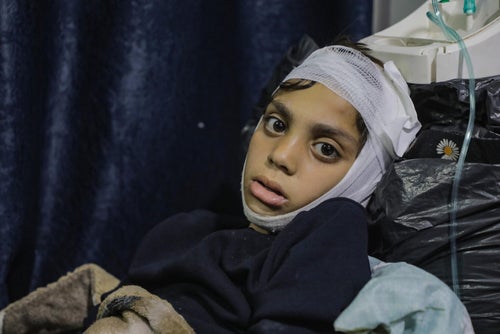







![With his family, Syrian refugee Shadi [NAME CHANGED], 9, has lived with a host family for nine months, in North Lebanon.](https://assets-us-01.kc-usercontent.com:443/99f113b4-e5f7-00d2-23c0-c83ca2e4cfa2/01664d5f-21f4-49bf-9a09-2d56b3fe8d7b/UNI638343.jpg?w=500&fm=jpg&auto=format)







